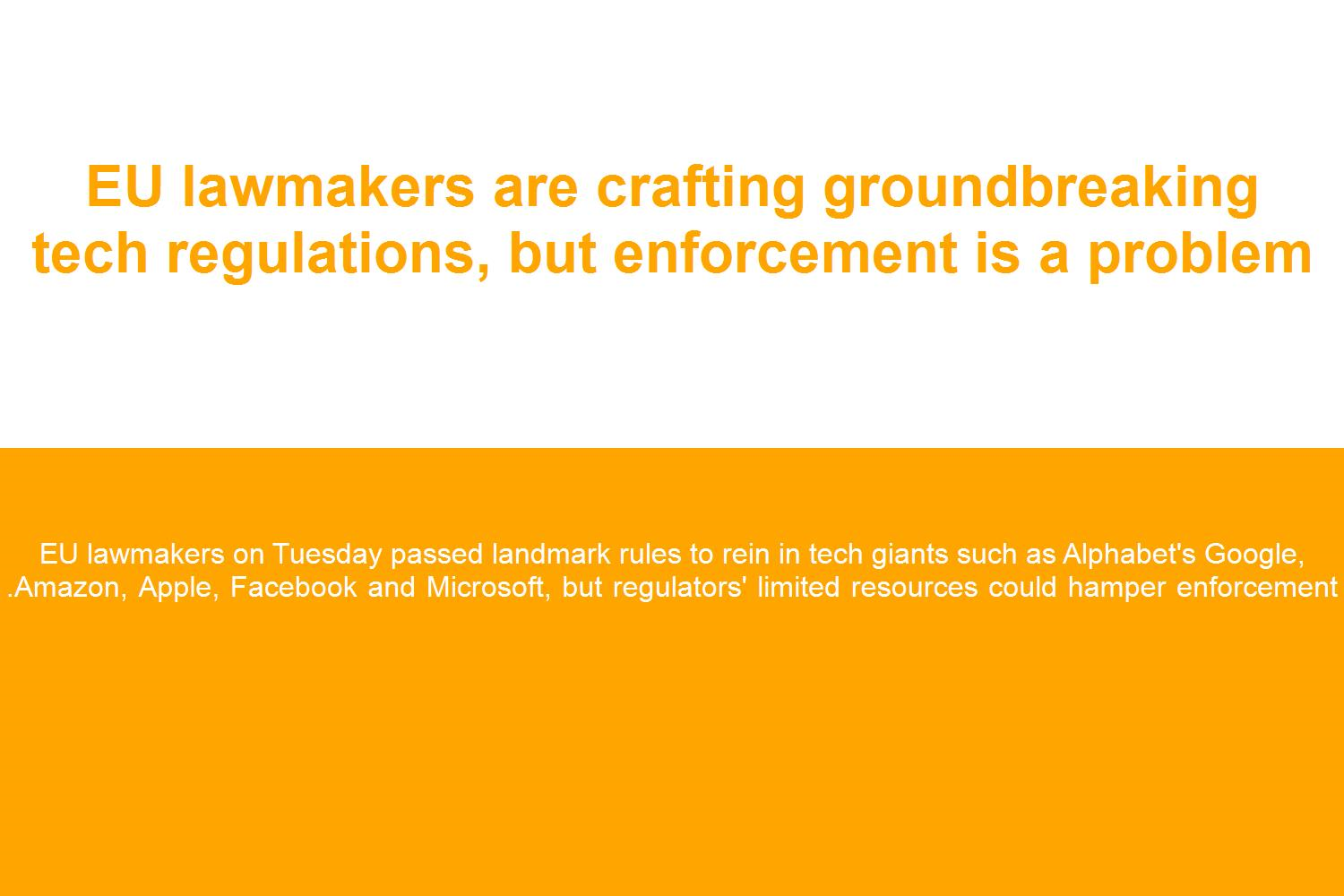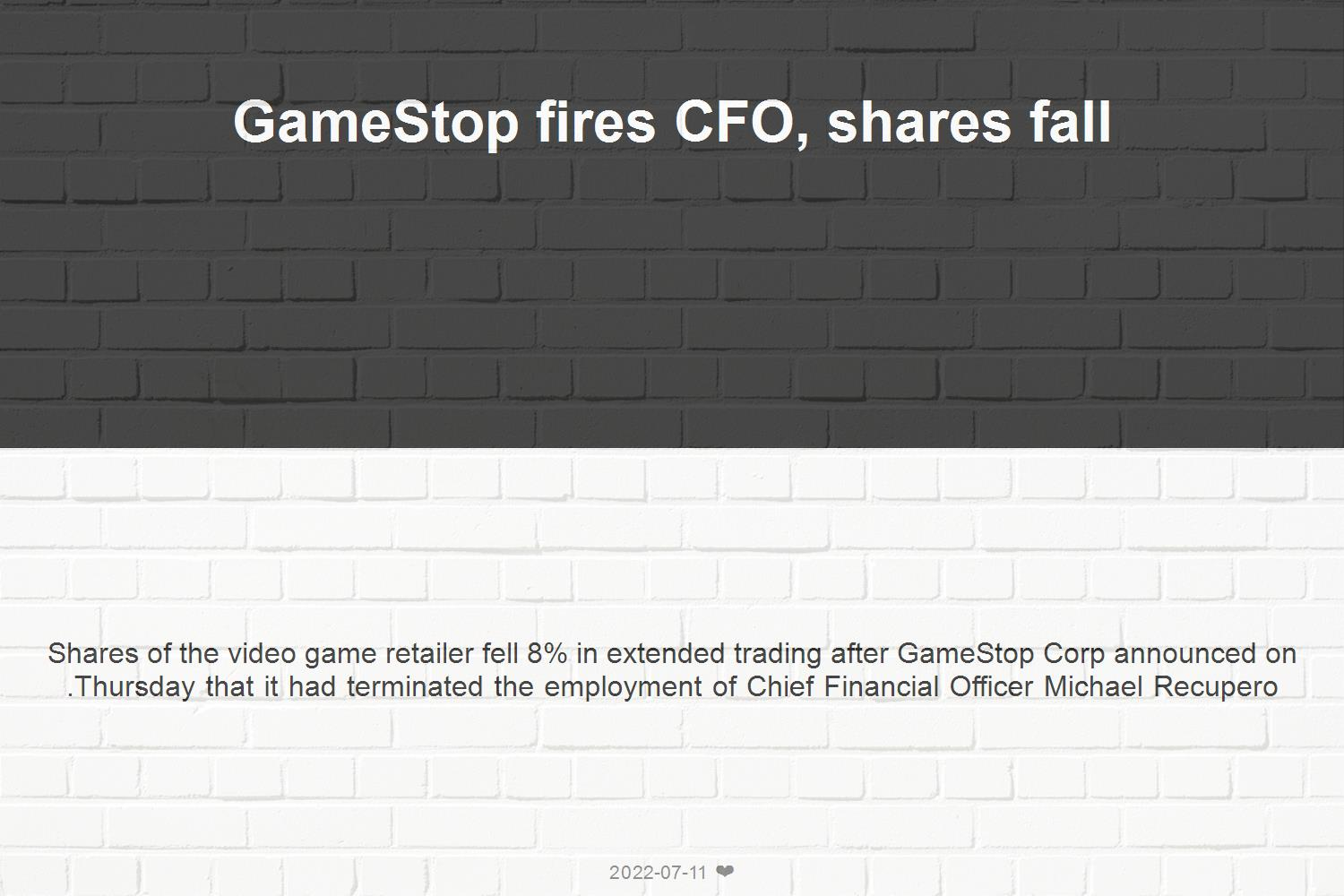EU lawmakers are crafting groundbreaking tech regulations, but enforcement is a problem
European Union lawmakers passed landmark rules on Tuesday banning companies including Google, Amazon, Apple and Facebook. But limited resources from regulators could hinder law enforcement. In addition to the rules known as the Digital Markets Act, lawmakers passed the Digital Services Act (DSA), which requires online platforms to monitor more closely for illegal content on the internet.
Businesses that violate the DMA face fines of up to 10% of global annual revenue. Earlier this year, lawmakers and EU countries reached a political agreement on the two sets of rules. The European Commission has set up a working group that is expected to be joined by about 80 officials.
EU industry chief Thierry Breton said different teams would focus on different issues such as risk assessment, messenger service interoperability and data access. The regulator will also establish a European Algorithmic Transparency Centre to hire data scientists and algorithm scientists to provide law enforcement support.
Lawmaker Andreas Schwab, who steered the issue through the European Parliament, called for a larger task force to counter the deep pockets and legions of lawyers at Big Tech. The European Consumer Organization (BEUC) expressed the same concern. 'Legislation could be jeopardized by the fact that big tech companies are doing it,' BEUC deputy director-general Ursula Pachl said.
DMA will force companies to change the way they do business, forcing them to make their messaging services interoperable. Business users can promote competing products and services on the platform and transact with customers outside the platform. Businesses must not prioritize their own services over those of competitors or prevent users from removing preinstalled software or apps.




Comments
Post a Comment